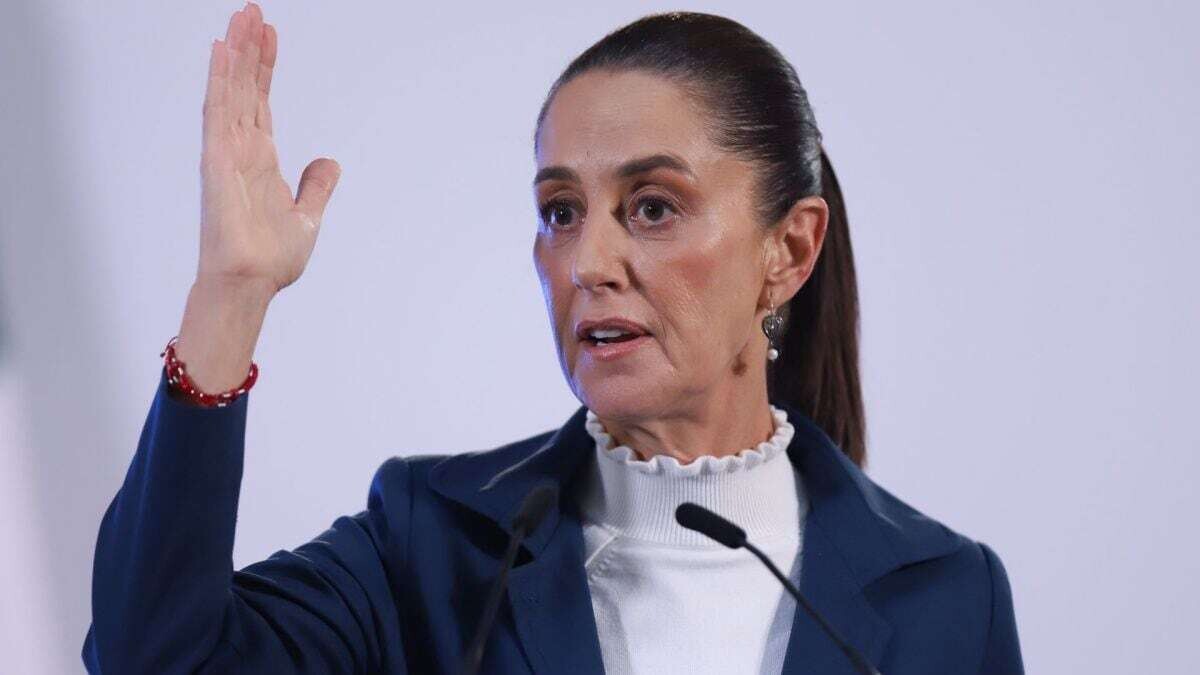
The role of laws and the Judiciary in Mexico is crucial to ensuring a conducive environment for foreign direct investment (FDI). The legitimacy of institutions and their function of generating certainty among members of society are fundamental to attracting investments and promoting economic development.
In this sense, the recent statements by the head of government, Claudia Sheinbaum, criticizing the Judiciary have raised concerns among investors. Comparing the commitments obtained by the English government at the International Investor Summit with the situation in Mexico, where FDI is a key component of the economy.
The Bank of Mexico reports a significant increase in FDI in Mexico over the years, reflecting the importance of having a stable and predictable legal framework for investments. The uncertainty generated by possible changes in the rule of law worries foreign investors, especially those from the United States, the main source of FDI in the country.
Academics Daron Acemoglu, Simon Johnson, and James Robinson, 2024 Nobel Prize winners in Economics, highlight the importance of institutions in economic development. According to their studies, the rules of the game in a society are determinants for the growth and prosperity of a country. The application and adherence to these rules not only fall upon the authorities but also on the members of society.
In this scenario, U.S. and Canadian trade authorities express concern about the possible reaction of the Mexican government to decisions affecting sectors such as agriculture. The U.S. Congress is also examining proposals related to judicial reform in Mexico that could impact trade relations between both countries.
In this context, the stance of Mexican authorities regarding compliance with international treaties and the protection of foreign investments is crucial to maintaining investor confidence and ensuring a conducive environment for economic growth.














